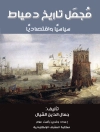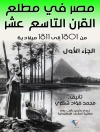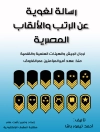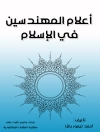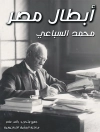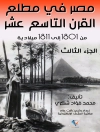Australia is rarely considered to have been a part of the great political changes that swept the world in the 1960s: the struggles of the American civil rights movement, student revolts in Europe, guerrilla struggles across the Third World and demands for women’s and gay liberation. This book tells the story of how Australian activists from a diversity of movements read about, borrowed from, physically encountered and critiqued overseas manifestations of these rebellions, as well as locating the impact of radical visitors to the nation. It situates Australian protest and reform movements within a properly global – and particularly Asian – context, where Australian protestors sought answers, utopias and allies. Dramatically broadens our understanding of Australian protest movements, this book presents them not only as manifestations of local issues and causes but as fundamentally tied to ideas, developments and personalities overseas, particularly to socialist states and struggles in near neighbours like Vietnam, Malaysia and China.’ Jon Piccini is Research and Teaching Fellow at The University of Queensland, Brisbane, Australia. His research interests include the history of human rights and social histories of international student migration.’
Зміст
Introduction. – PART 1: ORIGINS. – 1. From helpless natives to revolutionary heroes: An evolving ethic of solidarity. – 2. Turning over Marx and Mao and intently lengthening their hair: Writing, debating and living the global. – PART II: COMINGS AND GOINGS. – 3. Revolutionary tourists: Australian activists, travel and 1968. – 4. Our unpolluted shores: Radical arrivals and the politics of the border. – PART III: POSSIBILITIES AND DISILLUSIONMENT. – 5. Wider horizons: Indigenous Australians abroad and the limits of global activism. – 6. A dangerous disease to catch: Overseas students, transnational policing and the passing of an idea
Про автора
Jon Piccini has held teaching appointments at the University of Southern Queensland, Australia and Macquarie University, Australia. His research interests include history of the sixties, the history of human rights and social histories of international student migration.


